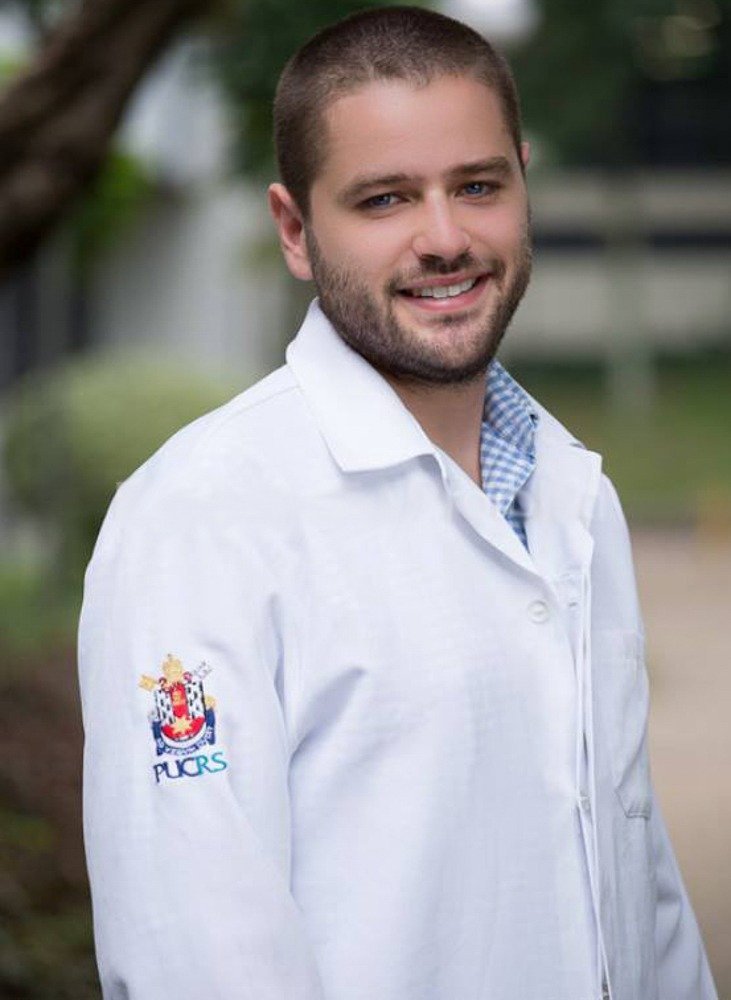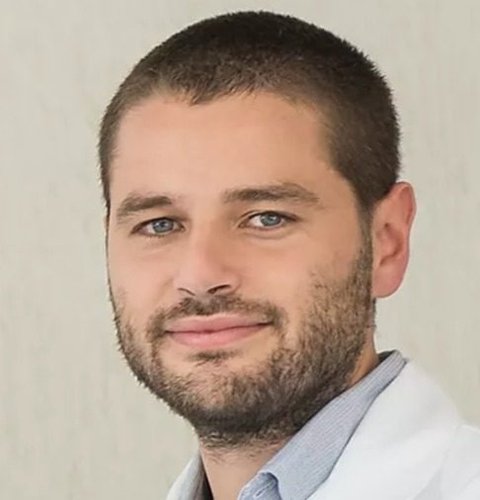InsCer researcher receives award from Bill & Melinda Gates Foundation
Thiago Wendt Viola will work on a project that will analyze various aspects of detox treatment for women who use cocaine and crack
The coordinator of the Research Group on Cognitive Neuroscience of Development and professor at the School of Medicine Thiago Wendt Viola was included in the announcement < in> Grand Challenges Explorations - Brazil: Data Science to improve Maternal and Child Health, Women's Health and Children's Health in Brazil, from the Bill & Melinda Gates Foundation, in partnership with Brazilian funders. The call will finance innovative proposals that use database analysis and machine learning techniques to understand the main factors that impact maternal and child health, the health of women and children in Brazil and propose solutions in these areas.
Viola's project, entitled Predictive factors of response to treatment offered by SUS for women who use crack cocaine: epigenomic analysis and supervised learning algorithms , was submitted to the theme Health da Mulher - Identification of factors associated with alcohol and other drug abuse among women and their impact on health outcomes . This was the only gaucho project contemplated.
According to the researcher, the research aims to identify clinical, sociodemographic, psychosocial, neurocognitive and epigenomic factors that may predict the response to the detoxification treatment offered by the Unified Health System (SUS), for women using cocaine- crack. These results can directly assist the orientation of public policies and the development of more effective methods of prevention and intervention.
In addition, you will use the application of artificial intelligence and supervised learning methods in data analysis. This proposal also includes the creation of support mechanisms for health professionals who work with the target population studied.
Shared knowledge
The results generated in the research will be the basis for the development of an online extension course, which will be directed to the dissemination of data aiming at applicability for SUS professionals. "The course aims to multiply the knowledge generated for health professionals linked to specialized services in the treatment of chemical dependency, contributing to their training and improvement", adds the researcher.
The project is the result of collaboration between health services, national and international research groups, which are already developing projects related to problems arising from the use of crack cocaine. Over the past 10 years, the team at the PUCRS Cognitive Development Neuroscience Laboratory (DNCL), coordinated by Viola and Prof. Rodrigo Grassi, carried out a wide mapping and collected data from crack cocaine user (s) in Rio Grande do Sul.
About the announcement
This joint call from the Grand Challenges Explorations, aimed exclusively and for the first time at Brazilian researchers, is the result of a partnership between the Ministry of Health (MS), the National Council for Scientific and Technological Development (CNPq), the National Council of State Research Support Foundations (CONFAP), the State Research Support Foundations (FAPs) and the Bill & Melinda Gates Foundation (FBMG). This call is part of the initiative created by the Gates Foundation in 2010 and called Integration of Knowledge in Healthy Birth, Growth and Development (of the acronym in English HBGDki).



